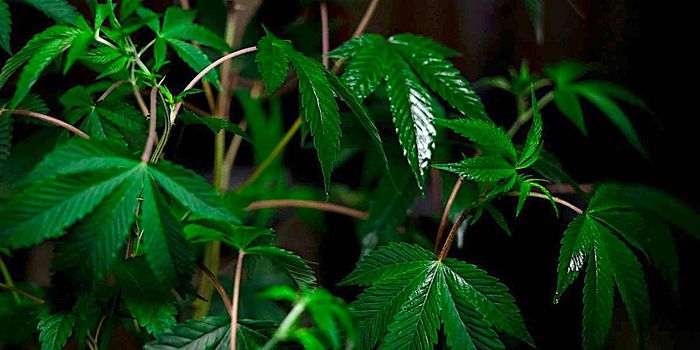Cannabis Legalization Associated with Higher Risk of Poisoning: Meta-Analysis Findings
A recent paper published in the journal Addiction discusses a meta-analysis (a study of previous research) that attempts to establish a connection between the legalization of cannabis and a rise in cannabis poisonings, specifically among children. While this study is only a meta-analysis, it could hold the potential to help researchers, legislators, and the public become more aware of the dangers of cannabis despite its ongoing legalization in a plethora of countries around the world.
“Although the results of the studies are varied, almost all of them point to an increase in cannabis poisoning following a change to cannabis laws,” said Dr. Rose Cairns, who is a Lecturer in the School of Pharmacy at the University of Sydney, and a co-author on the recent paper. “The likely explanation is that legislation has increased the use of cannabis, which has also increased poisoning. For example, the modification of cannabis laws could have increased the perceived acceptability of cannabis use (if it’s legal, it must be safe), thereby increasing use.”
Symptoms of cannabis poisoning—which is caused from an overabundance of cannabis being ingested in one sitting—includes nausea, hypertension, lethargy, and agitation, just to name a few, with children being at greater risks of cannabis poisoning even through involuntary use like secondhand exposure, and their risks include developing cardiovascular and neurological concerns and potentially coma.
For the meta-analysis, the researchers analyzed 1,065 articles relating to cannabis poisonings from a myriad of journals and scientific conferences, with the criteria to be included in this meta-analysis being the studies reported on cannabis poisonings pre- and post-legalization. The researchers found that 30 articles met the criteria, which reported relative increases in cannabis poisonings after legalization, but whose results varied in contrast, specifically pertaining to comparing medical cannabis poisonings to recreational cannabis poisonings. It was also found that study results that did not indicate large changes in poisoning data overall discovered increases in poisonings for smaller groups, specifically children.
“Increased availability and use of edibles (gummies and chocolates, for example) appears to be an important driver of the increase in poisonings, particularly among children,” explains Dr. Cairns. “Edible cannabis has a higher risk of poisoning because people tend to consume larger quantities, and the effects of cannabis take longer to show up when ingested than they do when smoked. This is concerning because edibles are especially attractive to children.”
Additionally, the 30 studies only used data from the United States, Canada, and Thailand, which means follow-up meta-analyses are required to paint a clearer picture of worldwide cannabis poisonings.
What new connections between cannabis legalizations and poisonings will researchers uncover in the coming years and decades? Only time will tell, and this is why we science!
As always, keep doing science & keep looking up!
Sources: Addiction, Centers for Disease Control and Prevention, EurekAlert!, Medscape








